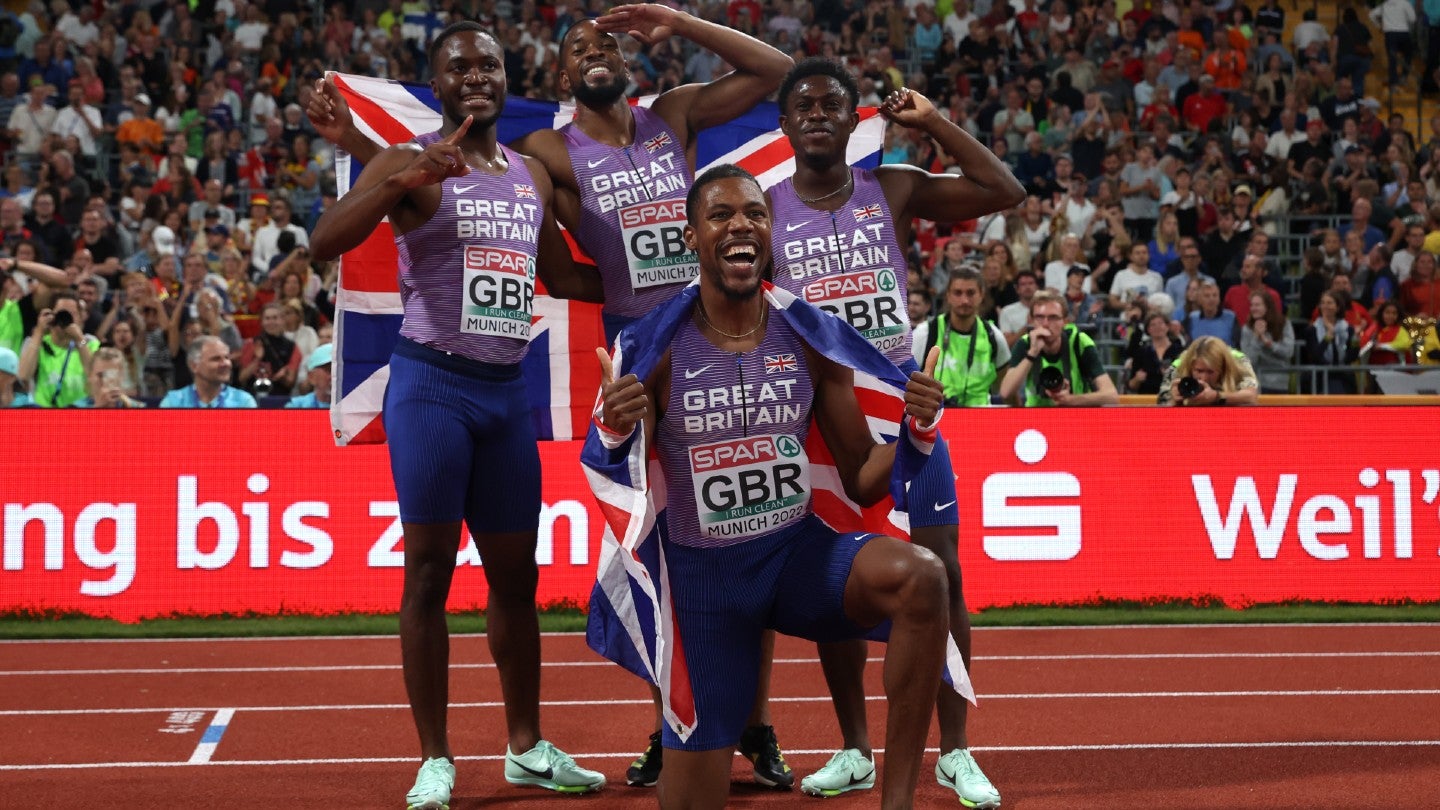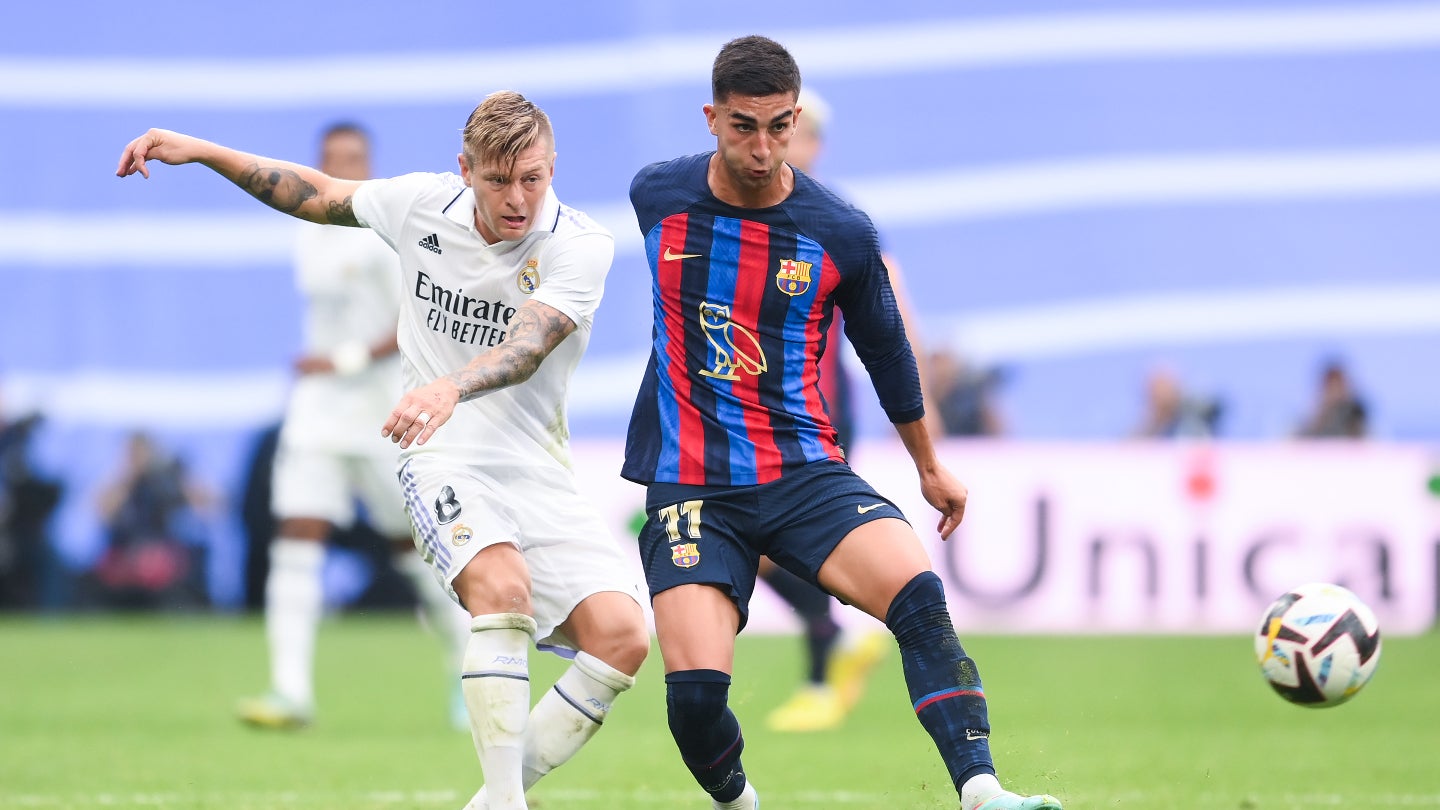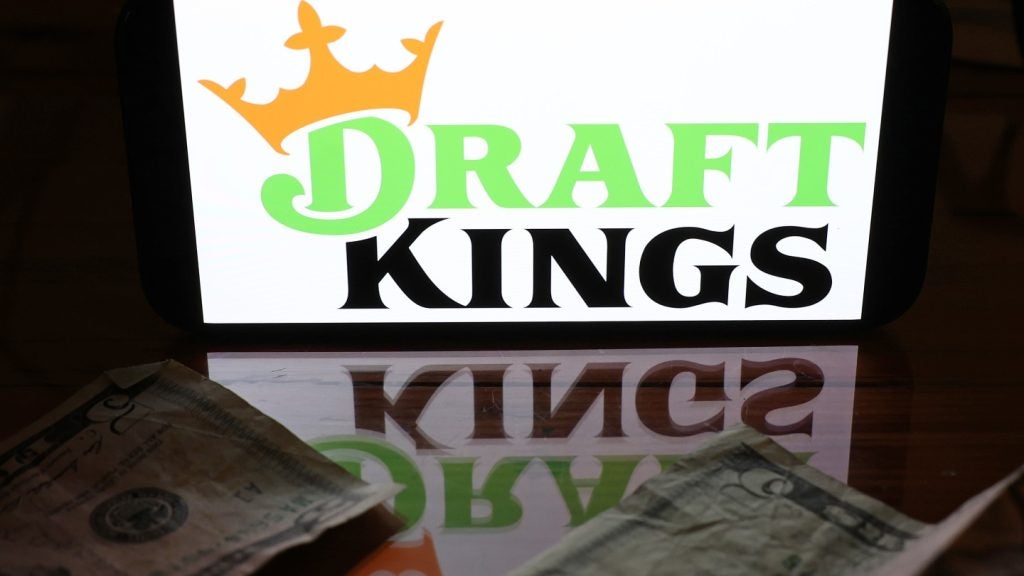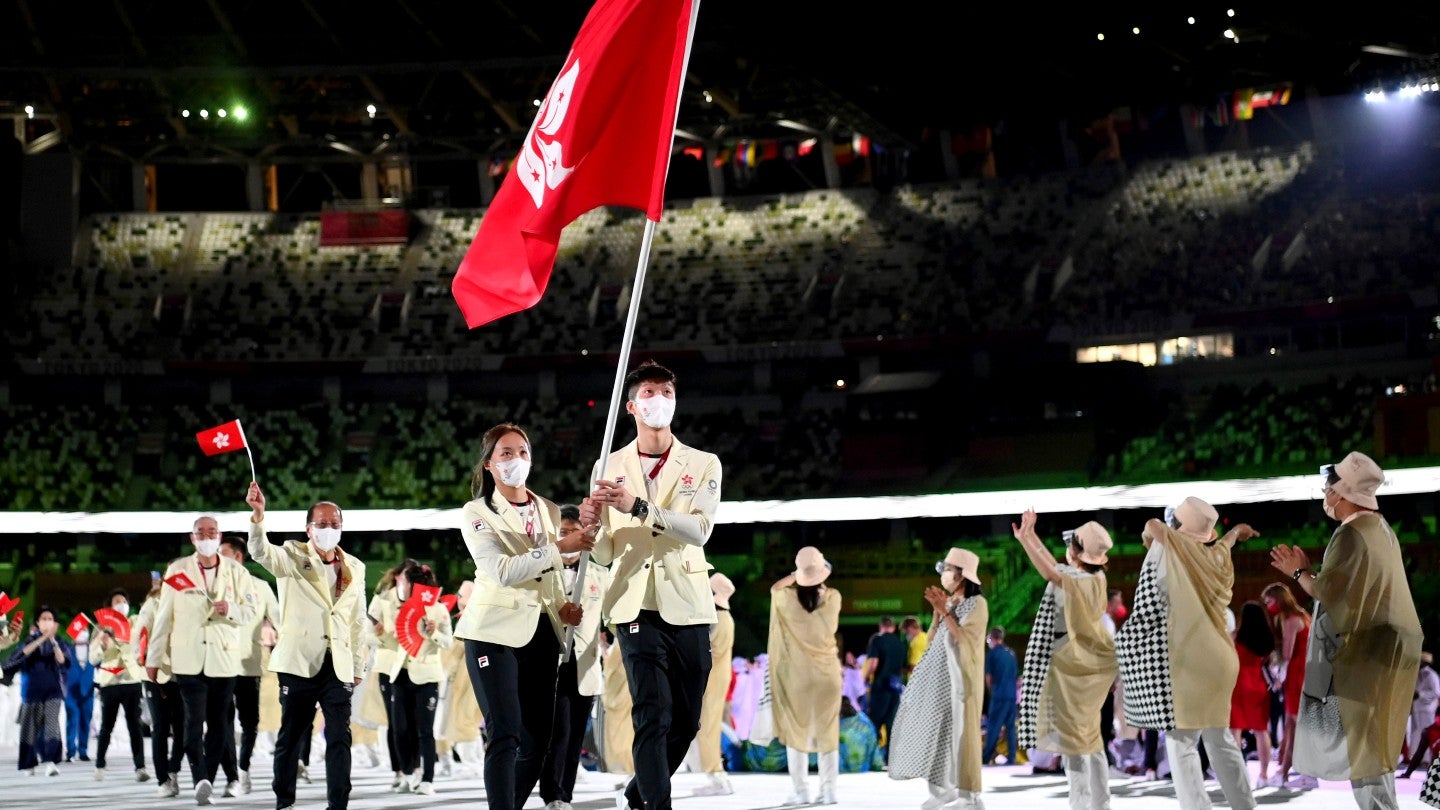The BBC, the UK’s public-service broadcaster, recorded 104 million online viewing requests – a record total – during the recently-completed Tokyo Olympic Games, but the broadcaster’s linear viewing figures dropped to their lowest Olympic total since 2004, as live streaming became the UK public’s viewing method of choice.
In the US, national network NBC suffered a similar fate – the 17-day event only averaged 15.5 million views (daily) on NBC's linear network, representing the smallest average audience for an Olympics since the broadcaster first covered the games in 1988, but online viewers live-streamed close to six billion minutes of coverage, an Olympic record.
The BBC, which sub-licensed a chunk of its rights to Discovery for a reciprocal deal in 2022 and 2024 when Discovery has secured the pan-European rights, only managed a total of 36.4 million linear coverage views (in total, across all events and channels).
This is little more than one-third of the live streaming requests made through the broadcaster’s BBC iPlayer and BBC Sport Online sites, where over 100 million tuned in between 23 July and 8 August for the games (up from a total of 68.3 million for Rio 2016).
Indeed, it is the lowest total for BBC linear viewers at a summer games since the 2004 Olympics in Athens, as the broadcaster could show only two live streams at any one time – thus missing significant amounts of live coverage in the first few days of the games – due to the terms of its sub-licensing deal with Discovery.
See Also:
This led to a significant number of complaints about the standard of the BBC's output compared to previous games, although the Discovery deal has been in place since 2016, and therefore similar coverage levels were in place for the Winter Olympics in 2018, in Pyeongchang.
How well do you really know your competitors?
Access the most comprehensive Company Profiles on the market, powered by GlobalData. Save hours of research. Gain competitive edge.

Thank you!
Your download email will arrive shortly
Not ready to buy yet? Download a free sample
We are confident about the unique quality of our Company Profiles. However, we want you to make the most beneficial decision for your business, so we offer a free sample that you can download by submitting the below form
By GlobalDataOn linear TV, the men’s 100-metre final (in which Team GB had one representative) was the most-watched event, attracting five million viewers on 1 August, while 4.5 million tuned in to see the women’s 100-metre final on 31 July – again, with one Team GB athlete involved.
In 2016, the peak audience for a single event was 11.1 million, to see Team GB’s Jason Kenny claim gold in a cycling final.
Online, the most requested moments from Tokyo came from taekwondo and equestrian events, which both featured Team GB interest.
Discovery, through Eurosport and its new over-the-top streaming platform Discovery+, held rights to action from the delayed Tokyo Olympics through its four-games, €1.3 billion ($1.6 billion) European rights deal with the IOC, which covers 50 countries (not including Russia) and runs to 2024.
In terms of linear viewing figures for the BBC, London 2012 unsurprisingly holds the British TV record – an astronomical 51.9 million people having tuned into coverage of the event nine years ago.
The Rio games in total generated viewing figures of 45.2 million meanwhile.
Barbara Slater, BBC Sport’s director, said: “These Olympics have been nothing short of extraordinary and we’ve been right at the heart of the action, bringing the biggest and best moments of the Games to life for millions back in the UK.
“Delivering a record-breaking Games in the midst of a pandemic is a testament to the BBC Sport production team.”
In the US meanwhile, total NBC viewership for the Tokyo games dropped to about half the figure generated at London 2012, as the network struggled with timezone issues and a lack of star athletes in some events due to the effects of the coronavirus pandemic.
The NBC average daily viewing figure mentioned above is considerably lower than the number the network secured for the London games (31.1 million), and Rio 2016 (26.7 million).
Indeed, the middle Saturday at Tokyo became the day NBC recorded the lowest average US viewing figure for a Summer Olympics – 14.9 million – in history.
For this games, unlike previous editions, the Peacock streaming service (launched in April 2020), was the only place to view certain events which were not shown on linear TV.
NBC holds Olympic rights until after the 2032 games in a deal with the IOC worth $7.75 billion, with the next Winter Olympics coming up hot on the heels of Tokyo to be held in Beijing in February 2022.
It is anticipated that NBC will face similar viewing figure issues with that event, bearing in mind that, again, the timezone is not in its favour.
In France meanwhile, Olympic coverage was available on both the public-service France Televisions and Eurosport via subscription, with the free-to-air broadcaster securing a cumulative audience of 50 million for the whole games, according to the L’Equipe news site.
In terms of individual events, the final of the men’s fencing on 25 July (with a French athlete involved), secured an average audience of 4.3 million, while the men’s basketball final between USA and France on 7 August secured fewer viewers, but the largest audience share – 51 per cent – of the whole games.
However, the largest viewing number for an individual event came from the final of the men’s volleyball competition – in which France beat the Russian Olympic Committee 3-2 – as an average of 6.8 million tuned in last Saturday.
Elsewhere, the victory of Norwegian Jakob Ingebringsten in the men’s 1500 metre final over the weekend secured an impressive 80 per cent viewing share in his home country, with 587,000 watching.
As with most European countries, Discovery held live Olympic rights in Norway, but also sub-licensed coverage to TV Norge, the country’s public-service broadcaster.
In terms of the IOC’s own output during the games, the governing body has said that its online and mobile platforms received visits from 175 million unique users during Tokyo 2020, double the amount of traffic received during Rio 2016.
It has also claimed that, in total, its social media posts during the games generated over five billion engagements.







